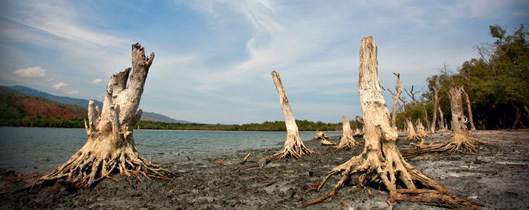
RCEM is collaborating with United Nations Economic and Social Commission for Asia and the Pacific (ESCAP) to facilitate online regional discussions on sustainable development.
This e-discussion is facilitated by: Elenita Dano, ETC Groups
Your views may directly inform and influence the upcoming regional dialogues on sustainable development, including the Asia-Pacific Civil Society Forum on Sustainable Development and theAsia-Pacific Forum on Sustainable Development. We look forward to your active participation!
For inquiries, please contact escap-esdd-evs@un.org.
———–
The United Nations Environment Assembly (UNEA) was established as an outcome of the UN Conference on Sustainable Development (Rio+20) to strengthen and upgrade the UN Environment Programme (UNEP) as the leading authority that sets the global environmental agenda. It has universal membership that met for the first time in June 2014 at the UNEP headquarters in Nairobi, together with Observer States, civil society and other stakeholders to discuss and decide on issues that affect the state of the environment. UNEA meets every two years and UNEP has been mandated by Member-States to strengthen regional outreach to ensure that inputs from the regions are considered in the bi-annual global assembly. The regional outreach presents an opportunity for civil society to shape and influence intergovernmental discussions and decision-making on the environment especially in Asia-Pacific where regional mechanism for environmental governance has been inadequate.
General Questions for Discussions:
What would your recommend to ensure substantive and inclusive regional mechanism for discussions and decision-making on environmental issues that can effectively feed into the UN Environment Assembly (UNEA)?
How do we ensure effective civil society engagement in such regional environmental governance mechanism?
* This discussion is moderated by members of the Asia-Pacific Regional CSO Engagement Mechanism (AP-RCEM). AP-RCEM is a civil society platform aimed to enable stronger cross constituency coordination and ensure that voices of all sub-regions of Asia Pacific are heard in intergovernmental processes in regional and global level. The platform is initiated, owned and driven by the CSOs, and has been set up under the auspices of UN-ESCAP and seeks to engage with UN agencies and Member States on the Post-2015 as well as other development related issues/processes. As an open, inclusive, and flexible mechanism, RCEM is designed to reach the broadest number of CSOs in the region, harness the voice of grassroots and peoples’ movements to advance a more just, equitable and sustainable model development. (For more information, please refer to the AP-RCEM communique below.)
(* If you have problems in logging-in, you can send your inputs directly to regional.consultation@gmail.com with your name, organization, and the topic that you are contributing to, then we will post them online on your behalf.)







